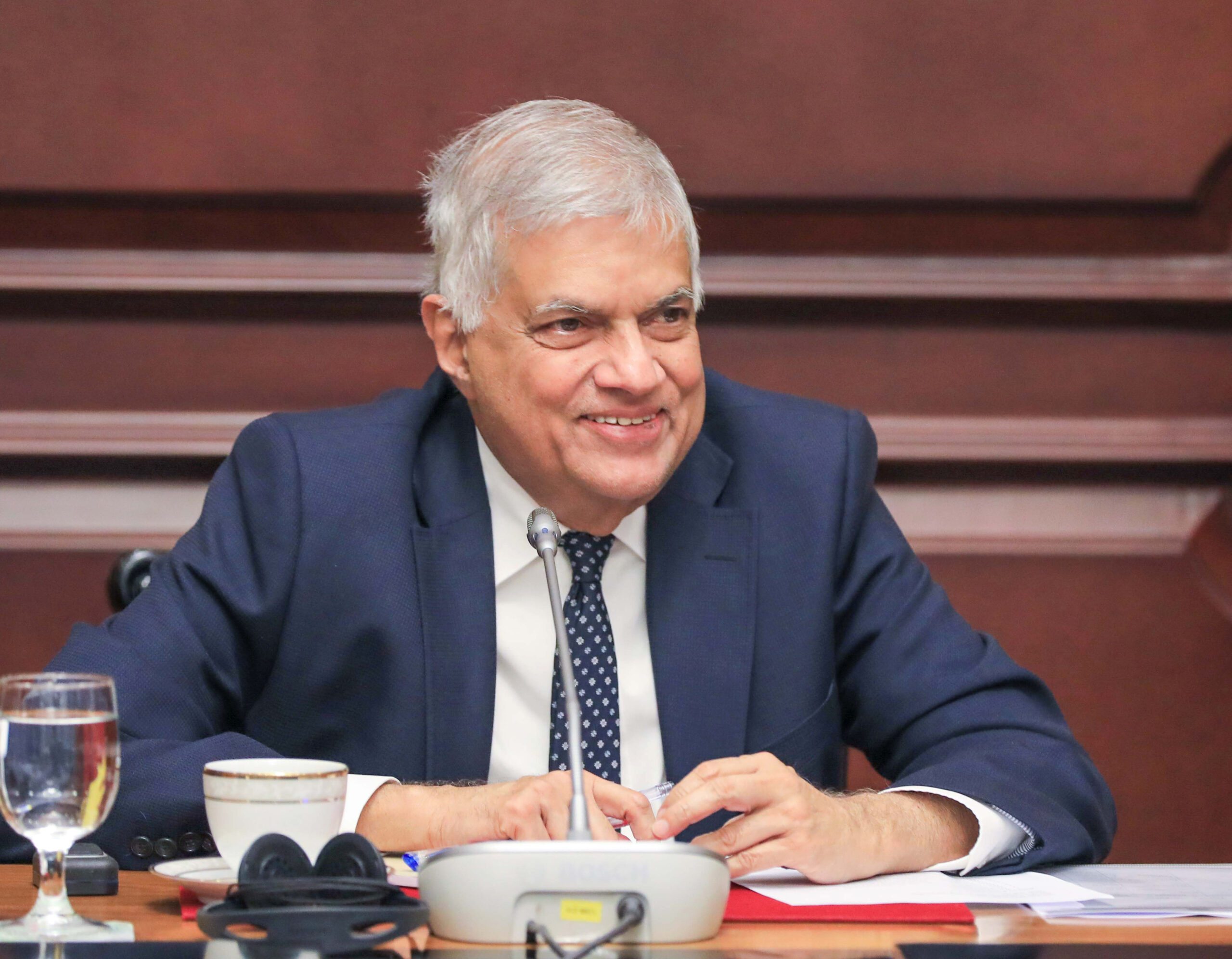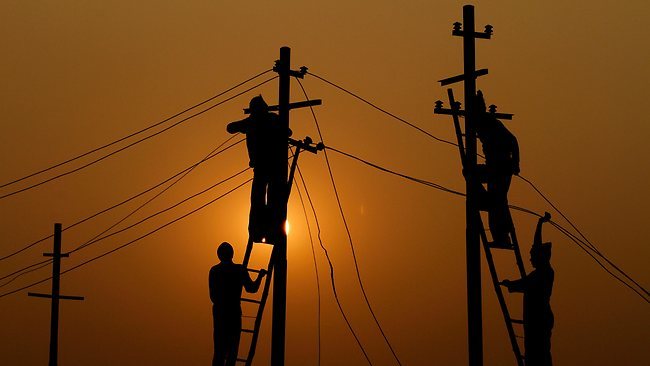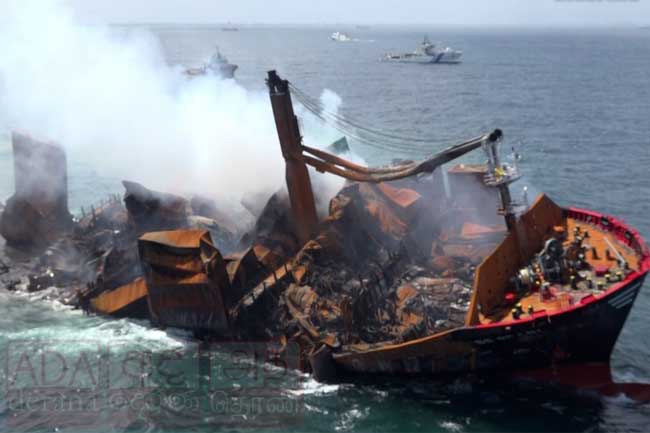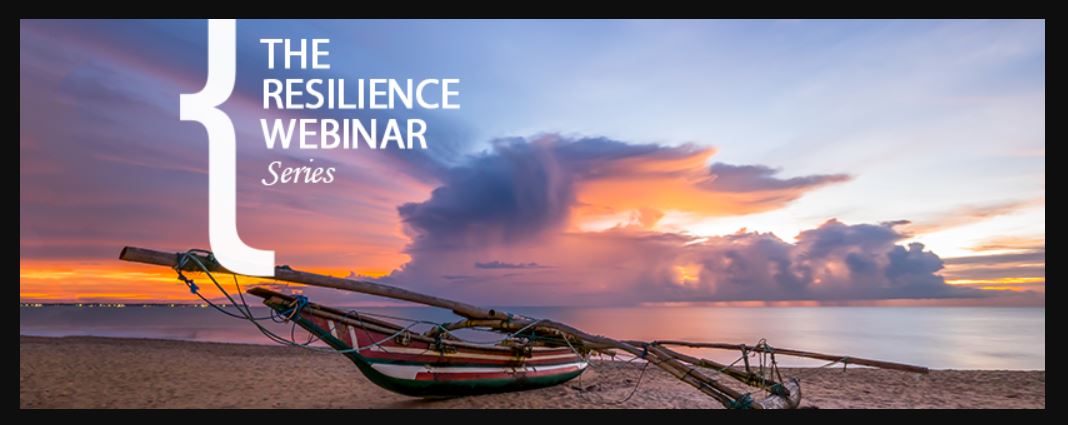Sri Lanka needs $100 billion to become a net zero emitter by 2040, President Ranil Wickremesinghe said on Tuesday, as the island also attempts to build climate change resilience while navigating its worst financial crisis in decades.
Sri Lanka will focus on green financing tools, including debt for nature swaps as it attempts to reach the net zero target, Wickremesinghe told Reuters in an interview. But he added it does not have immediate plans to utilise green bonds.
“Some (funds) will come from investors who are interested, and I think we have an early start compared to others. We may invite in foreign investments. Rest, let’s hope our economy picks up and we have sufficient money to put into it,” he said.
Sri Lanka, a small island off the southern tip of India with a population of 22 million, is struggling to emerge from its worst financial crisis in decades after a severe shortage of foreign exchange reserves shattered the economy last year.
The island also faces the challenge of building more resilience to climate change. It is among countries most affected by extreme weather events and is expected to see a 1.2% annual GDP loss by 2050 due to climate change, according to the World Bank.
It is estimated that close to 19 million Sri Lankans may live in areas that could become moderate or severe hotspots in terms of floods or droughts by 2050.
Sri Lanka will set out two regional proposals at the U.N climate summit COP28, taking place from Nov. 30 to Dec. 12 in Dubai, which it hopes will focus on linking countries in the tropical belt to collectively combat climate change and promote the Indian Ocean as a carbon sink.
“Tropical belt has virtually 40% of the forests, in 2040 it will have 50% of the world’s population so let’s fix it in the tropical belt. That also has an impact elsewhere,” Wickremesinghe said, pointing out it could make a “radical change” in the fight against climate change.
Sri Lanka will also propose setting up an international climate change university and is willing to allocate 600 acres (240 hectares) for the project to promote research on global climate change policies.
Source: Reuters
–Agencies





